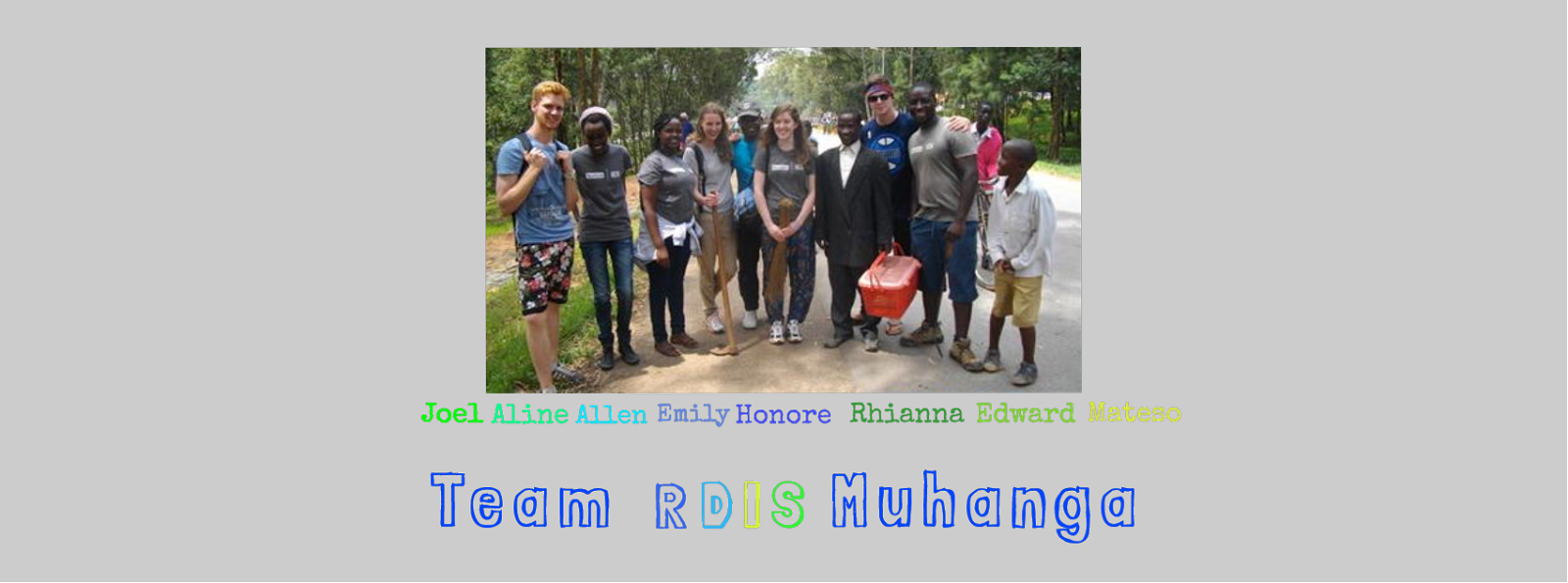On
April 6th 1994, President Habyarimana of Rwanda, President
Ntaryamira of Burundi and several senior government officials were killed when
their plane was shot down on approaching Kigali international airport, the
country’s capital (Holzgrefe & Keohane, 2003: 15). This event sparked off
the most horrific and deadliest genocide since the Holocaust of the Nazis
during the Second World War, in which an estimated 800,000 to 1 million people
were killed in a carefully planned massacre that lasted 100 days from April to
July.
In the years
since, the Rwandan people have commemorated the Tutsi genocide every year for a
one week period between the 7th and 13th of April. However,
for many the genocide is remembered for the whole 100 day period. On April 7th
(2015), President of Rwanda, Paul Kagame lit the ‘flame of hope’ at Kigali
Genocide Memorial Centre, Gisozi. This flame will burn for 100 days.
During
this period of genocide, many people attend public meetings in local areas and
attend events at memorial sites across the country. The vast majority of those
who attend have been directly affected by the genocide, remembering their loves
ones and close relations who perished during this catastrophic and immensely
shocking period in 1994.
Although
there was no specific theme to mark the 21st anniversary
commemoration, the genocide events were held under the ‘Kwibuka pillars of
Remember, Unite, Renew, with a special focus on combatting genocide ideology
and denial…’ (Musoni, 2015)
On
Tuesday 7th April 2015, the opening day of the commemoration period,
Paul Kagame gave a passionate, heart-felt speech at Amahoro National Stadium in
Kigali. Our Muhanga ICS team listened to this speech as well as some speeches
from local government officials at the Muhanga Youth Centre. This was a very
emotional time of mourning and remembrance for everyone present.
On the
Wednesday 8th our group assembled at the RDIS Hall for a meeting
with locals from the area. During this meeting the facilitator spoke of how the
Rwandan Patriotic Front (RPF) stopped the genocide and prevented further losses
of lives of innocent Rwandans. The challenges the RPF faced, such as limited
weapons, food and transport were also touched on. The inability of the UN
soldiers to act and prevent genocide was highly criticised by most of those who
participated in the meeting’s discussions. The audience was also invited to get
involved with the meeting, participating in questions, comments and sharing
some personal experiences.
On the Thursday afternoon, we attended the Binunga village genocide commemoration
meeting with our RDIS facilitator, Jean-Marie Vianney Sindikubwabo, who
delivered the main speech. The meeting’s main focus was looking at how Rwanda
has recovered and achieved so much since the genocide. One survivor from this village
gave a moving testimony on how he has forgiven and reconciled with his
neighbour who killed his own children during the genocide. They were sitting
next to each other during the meeting and now have a good relationship. This
one testimony demonstrated the power and importance of forgiving one another,
no matter how grave and painful the crimes committed may be. For Rwanda to
successfully move forward and develop, fostering the values of forgiveness and
reconciliation in Rwandan society are absolutely paramount. Today, genocide
victims and perpetrators work side by side as a country mourns and remembers
this terrible chapter in its history.
On Friday there was a genocide commemoration meeting at Muhanga football stadium.
Symbolic and comforting songs were sang by church choir groups, some church
pastors spoke on Bible verses to relate to the genocide and there was a
workshop which discussed how genocide can be prevented from happening again. The
main themes of forgiveness and unity were particularly encouraged. The Rwandan
government has been keen to focus on positive things such installing street
lights in communities, health insurance for all citizens and Umuganda, monthly
community service for all those 18 years and over. There are also many Rwandans
who still live outside the country, whom the government intends to help to
further enhance the unity which is expressed across Rwanda.
C.S.
Lewis once said, “To be a Christian means to forgive the inexcusable because
God has forgiven the inexcusable in you.”
References:
Holzgrefe,
J.L. & R. Keohane (eds), 2003. Humanitarian Intervention: Ethical, legal
and
political
dilemmas. Cambridge: Cambridge University Press
Musoni,
Edwin, 2015. “21 years later, Rwanda
remembers.” The New Times, published on April 7th. Available at:
http://www.newtimes.co.rw/section/article/2015-04-07/187642/ (Accessed 21st April
2015)
 |
| The President of Rwanda, Paul Kagame |
 |
| Church choir at Muhanga football stadium |
 |
| Genocide Memorial Meeting in Kigali |









